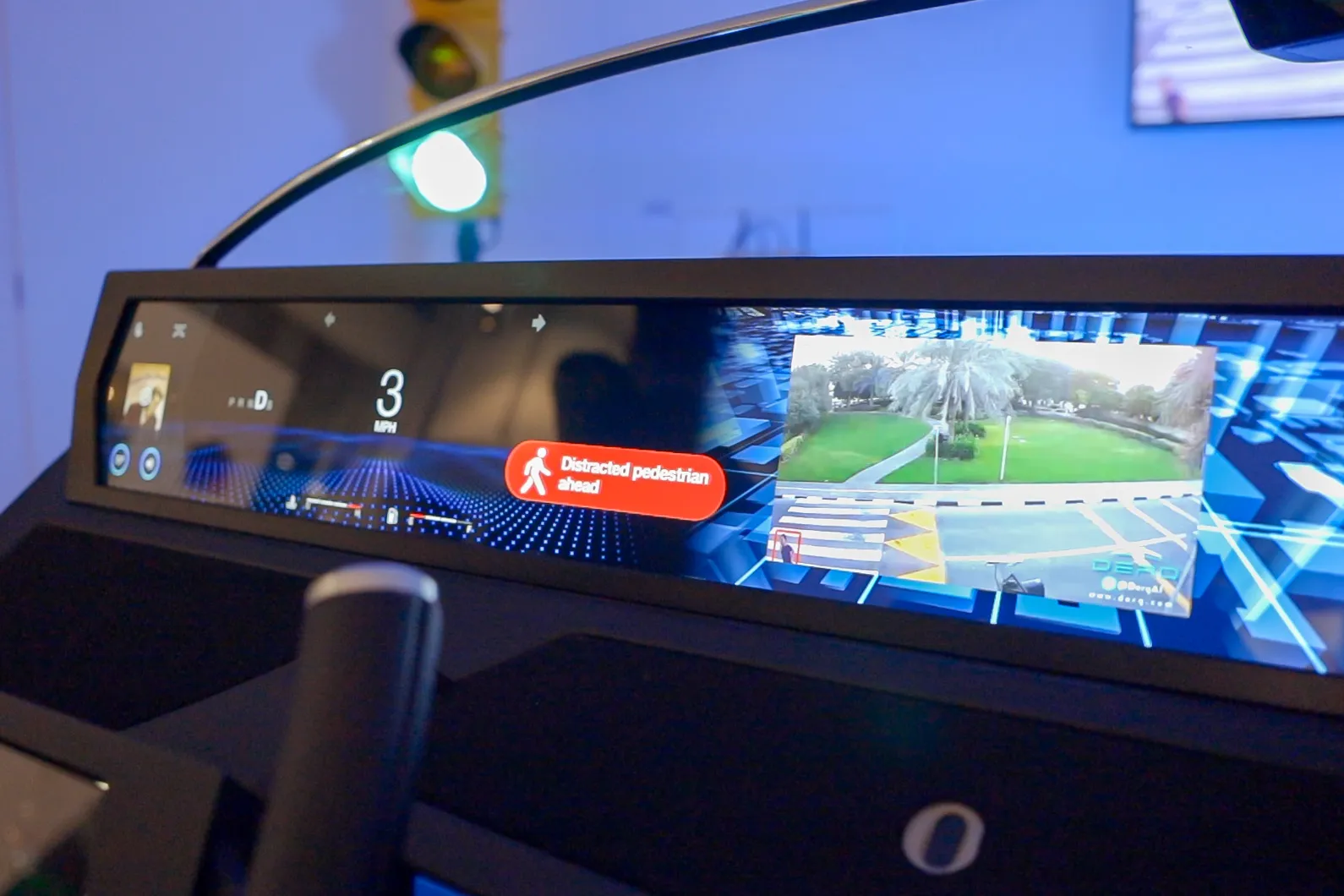
Monotch’s cooperative (C-ITS) platform has been chosen by the Ministry of Infrastructure and Water Management in the Netherlands to provide data exchange between users and roadside systems.
The roadside systems include intelligent traffic control systems, barriers and sensors.
Monotch says its UDAP (Urban Data Access Platform) will contribute to traffic flow, road safety and sustainability in the Netherlands.
The four to eight year contract will mean that all intelligent traffic light controllers (TLC) in the Netherlands will use the new platform from the 1 January 2021.
According to Monotch, UDAP receives data from a range of objects regardless of the supplier and delivers it automatically. It also receives anonymised travel and vehicle-related data from road users, the company adds.
UDAP uses the TLEX I2V software platform which was applied in the Partnership Talking Traffic.
Within Talking Traffic, Monotch and the Dutch Ministry of Infrastructure and Water Management collaborated with 60 regional and local authorities and companies such as Siemens and Dynniq to organise and retrieve traffic light data and convert it into real-time data sets.
From January 2021, data from TLCs will be used to inform road users about advisory speeds for a green wave or give priority to certain road users at traffic lights such as emergency services, public transport or cyclists.
According to Monotch, data from the vehicles will help traffic flow more smoothly over a longer distance and on larger parts of the road network.
The UDAP – which enables the exchange of TLC data and vehicle travel data – comes with extra functions including quality control, quality monitoring, a link with other objects and a Priority Broker Configurator.
The status of all data is displayed in dashboards along with the status of the connected objects, extent of data exchange, tests whether a vehicle is authorised and real-time reports on use cases.
Vincent Habers, who supervised the European tender on behalf of the Ministry of Infrastructure and Water Management for Talking Traffic, indicates that Monotch has experience in working with intelligent TLCs.
“With UDAP we will go one step further with the service,” he continues. “We expect that UDAP will immediately yield benefits for traffic flows in many municipalities and that a range of different service providers can develop all kinds of useful in-car information services based on the data”.
Monotch founder Menno Malta says: “In addition to reliable data exchange, we also have to keep an eye on governance, quality control and the development of new C-ITS applications. With all the functionalities that this platform offers, we will be taking major steps to provide Dutch road users with a wide range of C-ITS services in the coming years.”
The number of connected intelligent TLCs will be increased in the Netherlands in the coming years. In addition, other objects such as tyre pressure measurement systems, bollards and sensors are being incorporated into the road surface.









